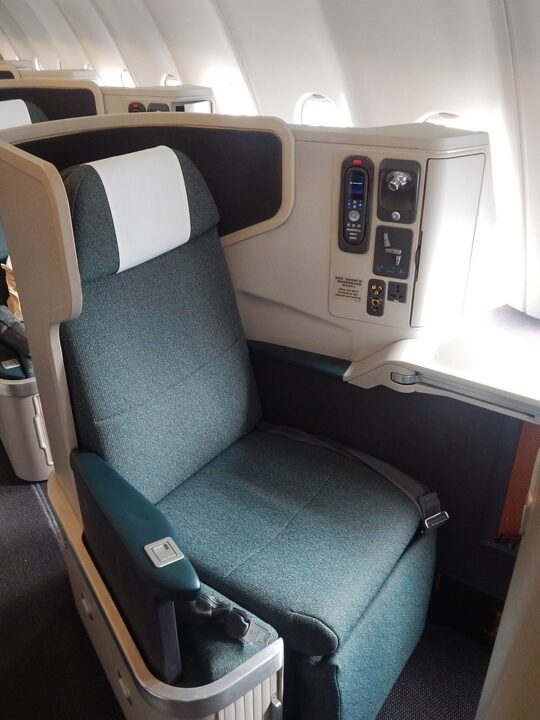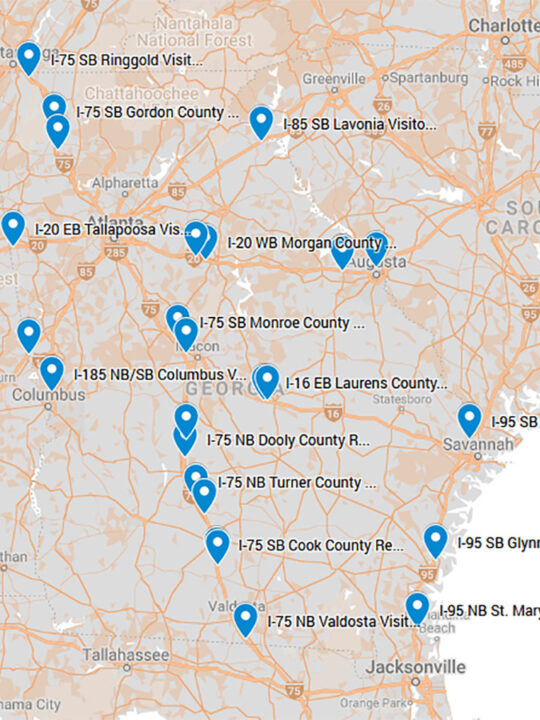 The term “smart” has become such a buzzword in a nowadays universal language and somehow it is inevitably associated with technology. Smart cities and smart territories naturally create, in extension, conditions for smart tourism using interconnectivity, and the newest travel software solutions. This happens especially now when the travel conditions are indefinitely changed. The trend has been encouraged even before the global pandemic by Millenials who are by definition tech-savvy. Moreover, technology seems to be the only path to recovery for the travel industry that is one of the most affected by the global health context.
The term “smart” has become such a buzzword in a nowadays universal language and somehow it is inevitably associated with technology. Smart cities and smart territories naturally create, in extension, conditions for smart tourism using interconnectivity, and the newest travel software solutions. This happens especially now when the travel conditions are indefinitely changed. The trend has been encouraged even before the global pandemic by Millenials who are by definition tech-savvy. Moreover, technology seems to be the only path to recovery for the travel industry that is one of the most affected by the global health context.
Table of Contents
Smart Tourism at the tip of your fingers
How do we know we’re benefiting from smart tourism? After the technological capabilities of the destination and how we, as tourists, can use them to travel more efficiently. As we mentioned, this form of tourism is strongly connected to the evolution of a city through technology. And very often these destinations are true urban technology hubs, supported by IT outsourcing companies and strong innovation clusters.
Some of the smart city principles apply very effectively to this area too. The ultimate objective for smart tourism is to manage local resources better, be competitive, also sustainable through the use of innovative practices. Many destinations have already implemented smart technology in their administration, enabling online payment methods, making reservations, virtual tours, offering green mobility options, in order for tourists to have a more enjoyable journey and stay.
Nevertheless, the main challenges now are respecting social distancing and increasing hygiene measures to keep things under control as much as possible. In order to so, there are already a series of tech-solution. Limiting the tourist capacity can be made through digital surveillance in certain areas, closely monitoring the number of people and transmitting real-time data through platforms that can tell you if a destination can welcome or not visitors. Live maps, like traffic apps, can notify you if there are crowds in a visiting spot and help avoid too close contact. New safety regulations can also be signaled on live maps to make sure the information gets to people wherever they are at that time.
Millennials are early adopters of Smart Tourism
Nothing we wouldn’t expect when it comes to this disruptive generation that has pushed further many changes. Nonetheless, the use of technology in all life aspects has been the most significant. Over 66% use a smartphone to book a trip and do research. Even for the other generations, reluctant to technology, the unexpected arrival of the virus has made them take a forced step forward. As a result, we’ve all experienced more online shopping, communicating, working, and in this case, planning our so limited travel trips.
Entire cities, companies have an online presence now, even custom-made apps in some cases, that provide digital options to almost everything that organizing a trip would imply: means of transport, visiting spots, safety measures, crossing borders conditions or important medical institutions in case of virus contact. Furthermore, since the pandemic has brought all generations in the virtual space, the travel industry can benefit by reaching and staying connected with them more easily now.
Tech-travel solutions for industry recovery
At the moment, the travel industry is harshly hit by the global context, but sooner or later, we should expect exponential growth of the number of travelers. Meanwhile, during this state of apparent latency, it is actually the best time for companies to invest in travel software and technology. This can build a strong platform for industry relaunch, when the time comes. Of course, at the time resources have become limited due to no outcome. This is the point where travel companies began to measure their options.
If previously, they would take time to test software and make a decision, now everything has gained speed in the process and software providers and IT outsourcing companies have to come up with reliable, scalable, and effective solutions in a short time. Some of the companies take into consideration developing their own platforms, but that implies a considerable amount of time and investment, so instead, they reach out to trustworthy outsourcing companies that have experience in working and developing software for the Travel&Hospitality industry.
From many points of view, Smart Tourism seems like it was made for this moment of global change. It allows the industry to be more adaptable, to continue to function in limited conditions, and still provide good services in uncertain times.







